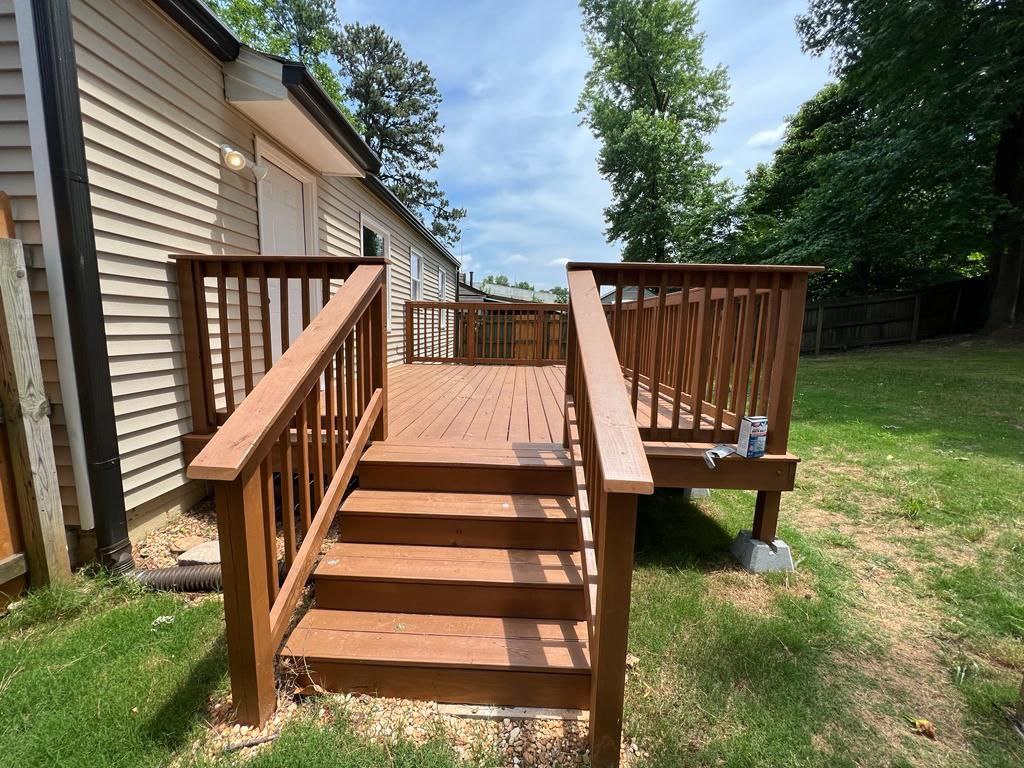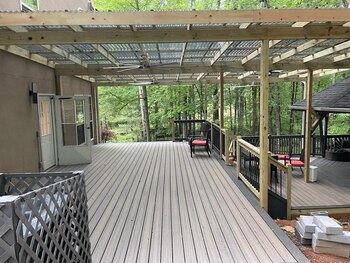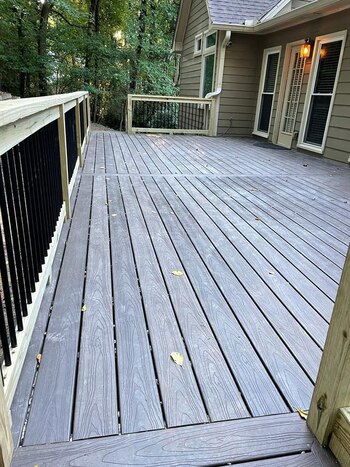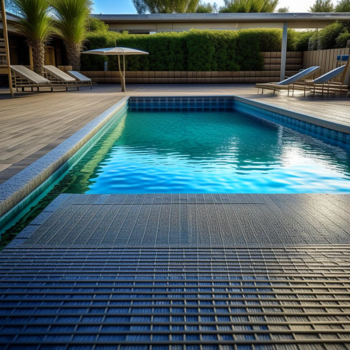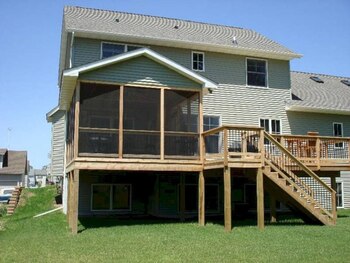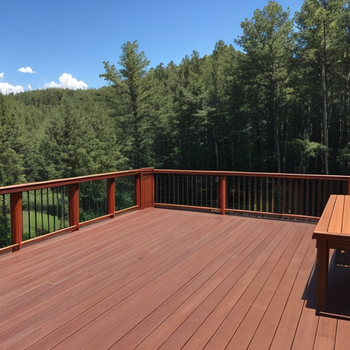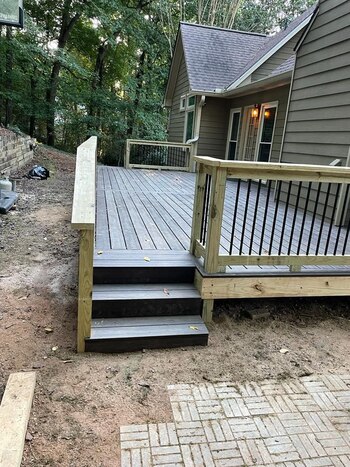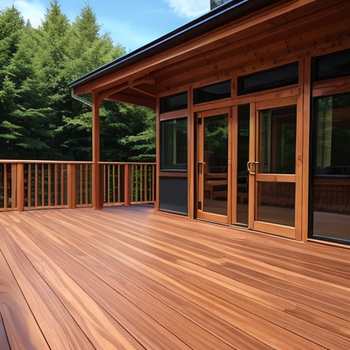Understanding the Costs and Prices in Hardwood Decking
Investing in a hardwood deck can significantly enhance the aesthetics and functionality of your outdoor space in Atlanta. However, it is essential to unravel the complex web of costs and prices associated with hardwood decking to ensure that you stay within your budget while still achieving your dream deck. Here we dissect the various factors that can influence the overall cost and price of your hardwood deck project.
Material Costs
Hardwood decks are crafted from a variety of premium woods such as Ipe, Teak, and Mahogany. The type of wood you choose will be a central determinant in the price of your deck, with some hardwoods being more expensive due to their durability, density, and rarity.
Installation Costs
The installation phase encompasses a significant portion of the deck's total cost. The intricacies involved in installing a hardwood deck require skilled labor, which can be priced higher compared to the installation of other deck types.
Maintenance Costs
Maintaining the pristine condition of a hardwood deck involves periodic cleaning, staining, and sealing. The maintenance practice you opt for will have repercussions on the long-term cost, influencing the price you have to pay to preserve the deck's beauty and function over time.
Customization Costs
Tailoring your hardwood deck to meet specific design preferences can escalate the price. Whether it’s integrating unique patterns or incorporating a multi-level design, customization comes at a cost but adds unrivaled value and personality to your deck.
Accessories and Add-ons
Enhancing your deck with accessories like built-in benches, planters, or lighting systems will increase the price. While it involves a higher initial cost, add-ons can enhance the utility and ambiance of your hardwood deck, making it a worthwhile investment.
Conclusion
In the realm of hardwood decking in Atlanta, it is vital to have a comprehensive understanding of the diverse costs involved to steer your project to success. By delineating the specific costs and prices attached to materials, installation, maintenance, and customization, you set a clear pathway to achieving a deck that aligns with your budget and style preferences.
For personalized guidance on your hardwood decking project, encompassing a detailed breakdown of costs and prices, reach out to our seasoned team at AZMT for a consultation that puts your needs and budget at the forefront.
Types
Sure, there are many different types of hardwood that can be used for decking. Here are a few of the most popular ones:
Ipe: This is a South American hardwood that is very dense and durable. It has a rich, dark brown color and is resistant to rot, decay, and insects. It's one of the most durable decking materials available and can last more than 40 years with proper care.
Teak: Known for its superior durability and water resistance, teak is often used in boat building, making it an excellent choice for decks around pools or in rainy climates. It has a beautiful golden-brown color that can be preserved with regular sealing, or it can be allowed to age to a silvery gray.
Mahogany: This hardwood has a beautiful reddish-brown color and is also very durable. It's resistant to rot and insects, and with regular maintenance, it can last for many years.
Tigerwood: Named for its striking striped appearance, tigerwood is a durable and visually interesting choice for decking. It is naturally resistant to rot and insects and has a high density that can withstand heavy use.
Cumaru (Brazilian Teak): Cumaru, also known as Brazilian teak, is another highly durable and beautiful option for decking. It has a golden to reddish color and is very resistant to rot and insects, similar to ipe.
Remember that the right type of hardwood for your decking will depend on your specific needs, your budget, and the local climate.
| Benefits of Hardwood Decks |
| Visual Appeal |
Hardwood decks are renowned for their luxurious and timeless appearance. The unique grain patterns and natural tones seamlessly blend with outdoor surroundings, offering an upscale finish. |
| Durability |
When properly maintained, hardwood decks can last for decades. They're resistant to warping, rotting, and termites, ensuring longevity. |
| Strength |
Hardwoods are dense and can handle significant weight, making them ideal for decks that experience heavy foot traffic or support outdoor furniture and amenities. |
| Value Addition |
Installing a hardwood deck can increase the resale value of a property. Potential buyers often view them as a desirable feature. |
| Eco-Friendly Options |
Many hardwoods used for decking come from sustainable sources. Opting for certified woods ensures environmental responsibility. |
| Low Maintenance |
While hardwoods require some upkeep, they don't need frequent treatments. Regular cleaning and occasional sealing will keep them in top condition. |

